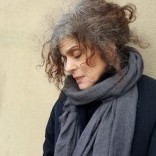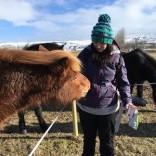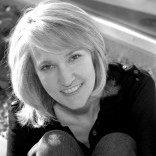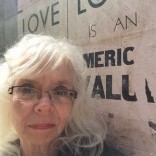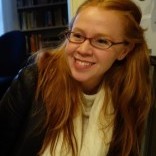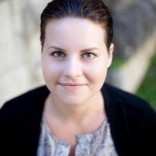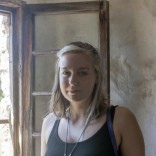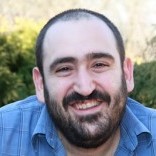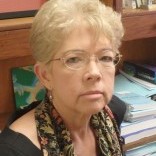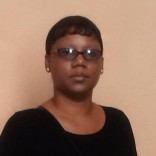Spell for the Healing Chorus
Ann V. DeVilbiss
Even the lettuce has a heart,
and when I strip its leaves, hold
it in my hands, I say
persistence
and when I swallow down
the furred center of the artichoke
persistence
and when I core the apple
with two swift strokes, the knife hums
persistence
and when I visit you, under all
the corded tubes, the gentle hands
of nurses, to the tough organ
tucked beside your ruined lung, I say
persistence
a bell calling through the snowstorm
to the hazed shore where you’ve settled
like a wounded boat
persistence
and we all cry out trying
persistence
trying to be the sound from the mainland,
persistence
calling you home.
Read more »
and when I strip its leaves, hold
it in my hands, I say
persistence
and when I swallow down
the furred center of the artichoke
persistence
and when I core the apple
with two swift strokes, the knife hums
persistence
and when I visit you, under all
the corded tubes, the gentle hands
of nurses, to the tough organ
tucked beside your ruined lung, I say
persistence
a bell calling through the snowstorm
to the hazed shore where you’ve settled
like a wounded boat
persistence
and we all cry out trying
persistence
trying to be the sound from the mainland,
persistence
calling you home.


